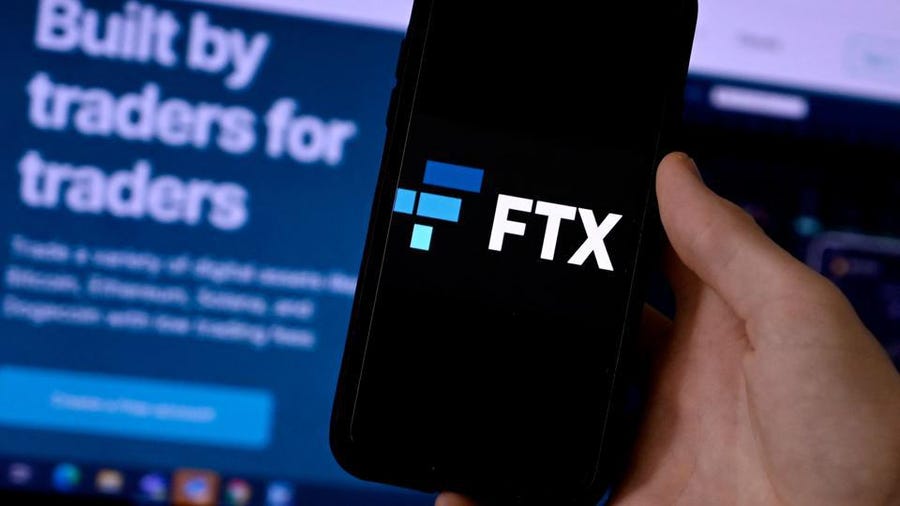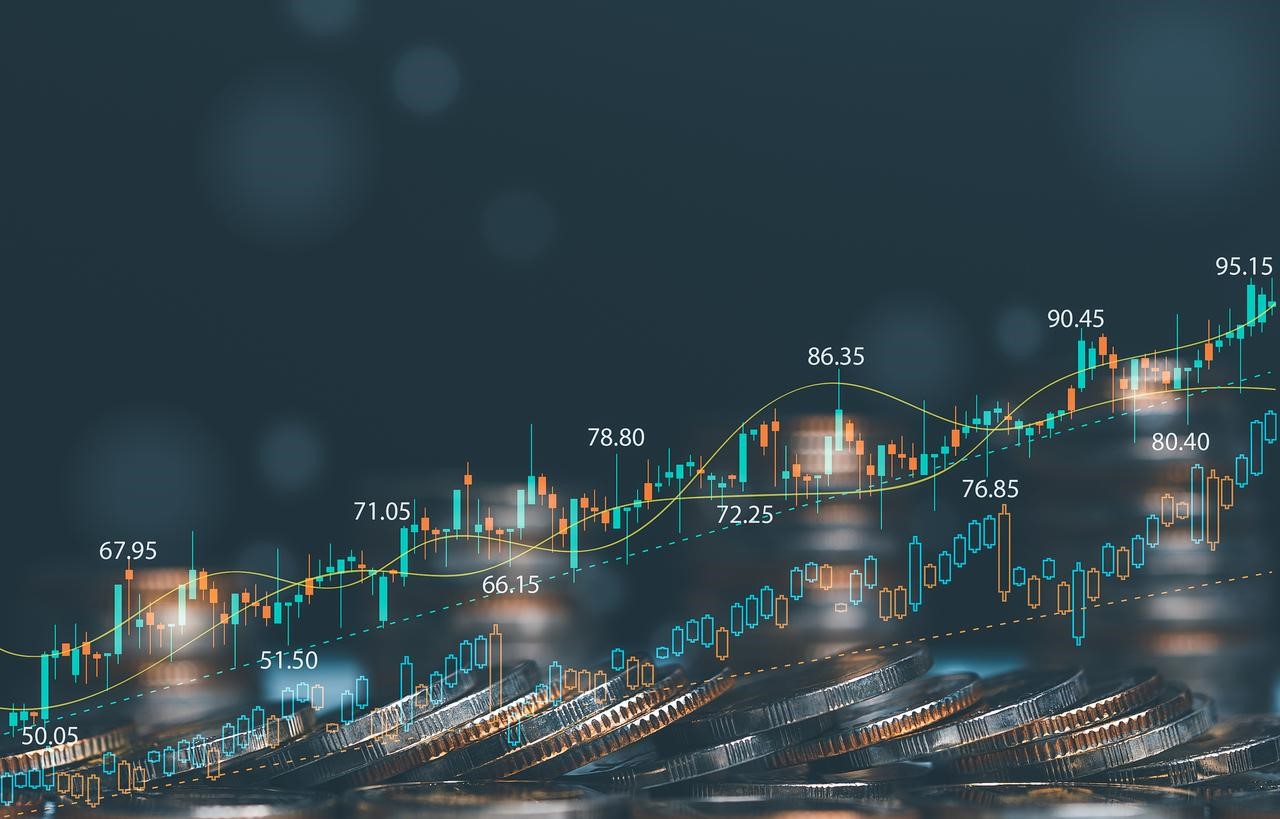Sam Bankman-Fried said that on November 11, while the rest of the country was celebrating Veterans Day, one of the biggest cryptocurrency exchanges in the world filed for bankruptcy. By volume, FTX was one of the most popular places to buy and sell cryptocurrencies around the world. If you are a newbie, and looking for a trusted trading platform, you may also consider knowing about bitcoin up
There are still a lot of people who don’t know what happened at FTX. People say that between one and two billion dollars of consumer money have gone missing. This is a very scary thought.
Broken things are put back together again
People used to think Sam Bankman-Fried was the most promising young businessperson. Bankman-Fried started his trading career as a professional at Jane Street, where he did traditional proprietary trading. In November 2017, he left Wall Street to start Alameda Research, a quantitative trading firm that focuses on cryptocurrencies.
Reports say that with this strategy, he and his team could make $25 million daily. About a year and a half after that, he began FTX.
Bankman-Fried decided to leave Alameda and focus on FTX, even though the company still had a big stake in the fund. Between 2020 and 2021, FTX’s income grew by more than 1000%, so it quickly became one of the largest cryptocurrency exchanges in the world. People thought FTX was worth $32 billion in January. On the other hand, Alameda Research had a lot of FTX Tokens, which was shown by stolen records from November 2. (FTT).
Changpeng “CZ” Zhao, CEO of a competing exchange called Binance, said four days later that his company would sell more than $2.1 billion worth of FTT. Because of what CZ said and worries about running out of cash, there was a traditional bank run at FTX.
FTX and Binance decided to buy each other out when there wasn’t enough money to go around. “Corporate due diligence” led Binance to decide not to go through with the deal. In the next 48 hours, Bankman-Fried broke his promise that “assets are good,” told investors he was sorry, and asked for $8 billion to save his company.
Effects on the country’s capital
Over the past few years, most people in Washington, D.C. have seen crypto regulation as a “pre-partisan” issue, which means that it cuts across party lines in a way that few other issues can. Many people in the industry, as well as lawmakers and regulators, agree that cryptocurrencies and blockchain technologies don’t fit easily into the rules that are already in place. Because of this, a lot of the industry is in a legal limbo. This is now what a lot of people call “regulation by enforcement.” In response to these complaints, MPs are pushing for new laws that, among other things, would spell out the rules for the cryptocurrency.
Capital-’C’ Because of FTX, cryptocurrencies won’t go away. Even though Bitcoin and Ethereum use the same basic technology, they still work as distributed ledgers. Alameda Research, connected to FTX, also used blockchain technology and cryptocurrencies. In the end, though, both businesses failed because of common scams.
As these businesses fail, so should their prices, plans, and ways of doing business.
DeFi, which stands for “decentralized finance,” is a set of tools built on blockchains that let people trade and do business without needing centralized middlemen. People are selling DeFi as a direct way to stop scams like the one FTX seems to have run.
Decentralized platforms like Aave and Uniswap say that they can’t take money from their users. This comes as concerns about the financial security of centralized platforms like Crypto.com continue to grow.
Even though FTX has caused a lot of instability, these systems, where users have to trust the code instead of a central party, have usually been strong.








Add Comment